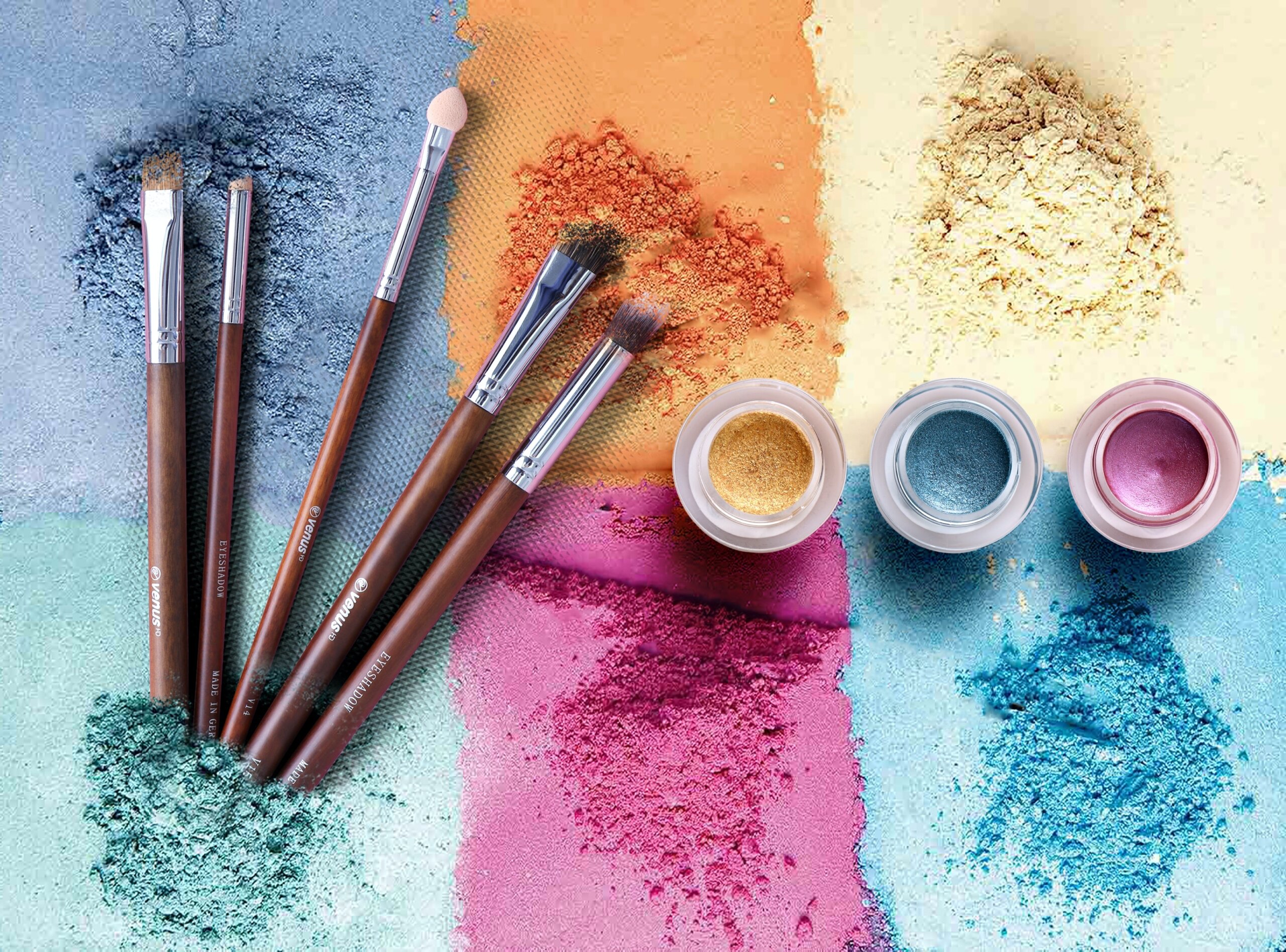Classification and Applications of Pearl Pigments
Pearlescent pigments can be classified into several categories:
1、Inorganic-based pearlescent pigments
This type of pigments includes high-mercury chloride, basic lead carbonate, acidic lead arsenate, acidic lead phosphate, and bismuth hydroxide. However, these pigments either have potential toxicity or poor chemical stability, which limits their usage.
2、Mica-based pearlescent pigments
Natural mica is an excellent substrate for pearlescent pigment production due to its abundant resources and low manufacturing cost. Titanium mica pearlescent pigment is the most widely researched and mature technology in this category. Due to the different refractive indices of titanium dioxide and mica substrates, multiple reflections and interference of light produce good pearlescent, color, and angle-dependent color effects.
3、Other substrates
As research on pearlescent pigments deepens, other substrate materials have been discovered and used in the production process, such as glass-based pearlescent pigments, aluminum foil-based pearlescent pigments, oxide-based pearlescent pigments, kaolin, ceramic flakes, graphite flakes, etc.
Applications of pearlescent pigments include:
1、Textiles
Combining pearlescent pigments with textiles can give the fabric excellent pearl luster and color. Adding pearlescent pigments to printing paste and post-treatment on textiles can produce strong pearl-like luster from multiple angles under sunlight or other light sources.
2、Coating
Coatings are widely used in color decoration and protection, such as in automobile paints, automobile parts, building materials, household appliances, etc.
3、Inks
The use of pearlescent inks in high-end packaging printing is becoming increasingly widespread, such as in cigarette packaging, high-end wine labels, anti-counterfeiting printing, etc.
4、Ceramics
Using pearlescent pigments in ceramics can give them unique optical properties.
5、Plastics
Titanium mica pearlescent pigments are almost suitable for all thermoplastic and thermosetting plastics, and will not cause fading or greying of plastic products, but instead produce bright metallic luster and pearlescent effects.
The variety, performance, and color of cosmetics depend on the diversity of pigments used. Pearlescent pigments are widely used in cosmetics because of their strong coverage or high transparency, good color and broad chromatography.

7、Others
Pearlescent pigments are also widely used in other production and daily life, such as in imitating antique bronze appearance and artificial stone materials.
 Intense Pigment
Intense Pigment
